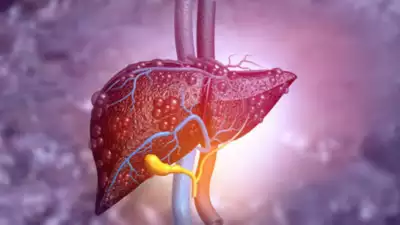 Key Takeaways:
Key Takeaways:
- Hepatitis awareness organizations are critical in global health through education, advocacy, and prevention initiatives.
- They collaborate with international bodies to distribute vaccines, raise awareness, and reduce stigma.
- Advocacy and policy changes are integral to improving access to treatment and preventive measures.
- Community engagement and partnerships amplify the effectiveness of health initiatives.
Table of Contents:
- Introduction
- Education and Awareness
- Advocacy and Policy Change
- Vaccine Distribution and Prevention
- Community Engagement
- Conclusion
Introduction
Hepatitis is a significant global health issue, affecting millions of people worldwide. Awareness organizations dedicated to combating hepatitis are crucial in global health initiatives. These organizations work tirelessly to educate the public, advocate for policy changes, distribute vaccines, and engage communities to reduce the incidence of hepatitis. Their efforts are vital in the global fight against this infectious disease.
Education and Awareness
One of the primary roles of hepatitis awareness organizations is to educate the public about the disease. These organizations use various platforms to spread information about hepatitis, including its causes, symptoms, and treatment options. Providing accurate and timely information helps dispel myths and reduce the stigma associated with the disease. Education initiatives often involve workshops, seminars, and online resources to reach a broad audience.
Hepatitis awareness organizations also collaborate with other health entities to promote broader donations of vaccine. This effort ensures that vaccines reach underserved regions, preventing the spread of hepatitis and protecting vulnerable populations.
Advocacy and Policy Change
In addition to education, these organizations are heavily involved in advocacy and policy change. They work with governments and international bodies to influence health policies that improve access to hepatitis treatment and preventive measures. Advocacy efforts often focus on increasing funding for hepatitis research, improving healthcare infrastructure, and ensuring that life-saving treatments are affordable and accessible.
Through lobbying and partnerships, hepatitis awareness organizations can bring about significant global policy changes that benefit patients. Their advocacy work is instrumental in shaping public health policies prioritizing hepatitis prevention and care, ultimately leading to better health outcomes.
Vaccine Distribution and Prevention
Vaccine distribution is a cornerstone of hepatitis prevention efforts. Awareness organizations are vital in ensuring that vaccines are distributed efficiently and equitably. They work with local and international partners to identify areas with high hepatitis prevalence and deploy resources to these regions. Vaccination campaigns often include mobile clinics, school-based programs, and community outreach to maximize coverage.
Prevention initiatives extend beyond vaccination. These organizations also focus on educating the public about safe practices, such as proper hygiene, safe needle use, and safe sex practices. By addressing the root causes of hepatitis transmission, they help reduce the spread of the disease and protect future generations.
Community Engagement
Community engagement is another vital aspect of the work done by hepatitis awareness organizations. By involving local communities in their initiatives, these organizations can ensure that their efforts are culturally appropriate and effectively meet the population’s needs. Community engagement strategies often include:
- We are training local health workers.
- They are forming community advisory boards.
- We are collaborating with local leaders to spread awareness and drive change.
Partnerships with community-based organizations amplify the impact of health initiatives. By leveraging local knowledge and networks, hepatitis awareness organizations can reach marginalized populations and ensure their programs are inclusive and effective. Community-led initiatives also foster a sense of ownership and empowerment, which is crucial for sustainable health improvements.
Conclusion
The role of hepatitis awareness organizations in global health initiatives cannot be overstated. Through education, advocacy, vaccine distribution, and community engagement, these organizations drive significant progress in the fight against hepatitis. Their efforts save lives, reduce the spread of the disease, and improve the quality of life for millions worldwide. As global health challenges continue to evolve, the work of hepatitis awareness organizations remains critical in achieving a healthier future for all.






.png)


